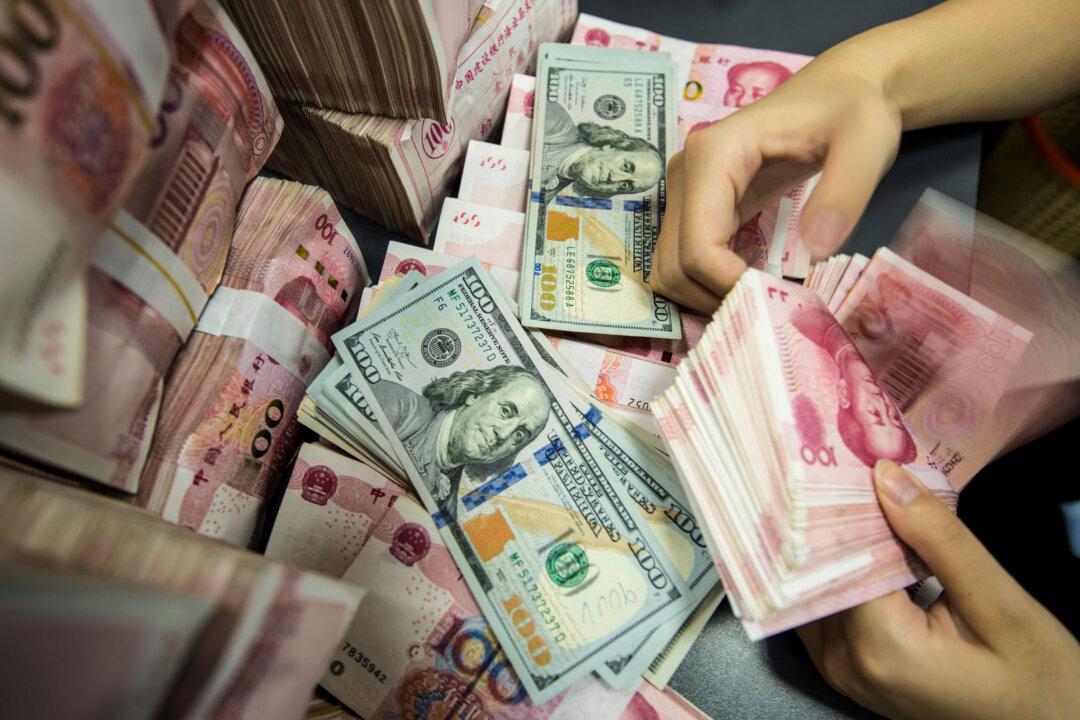Commentary
Under Chinese Communist Party (CCP) leader Xi Jinping, the United Front Work Department (UFWD) has expanded its scope and sophistication, posing growing challenges to the ability of the United States and other Western nations to protect their democratic processes, freedom of speech, and national security.





